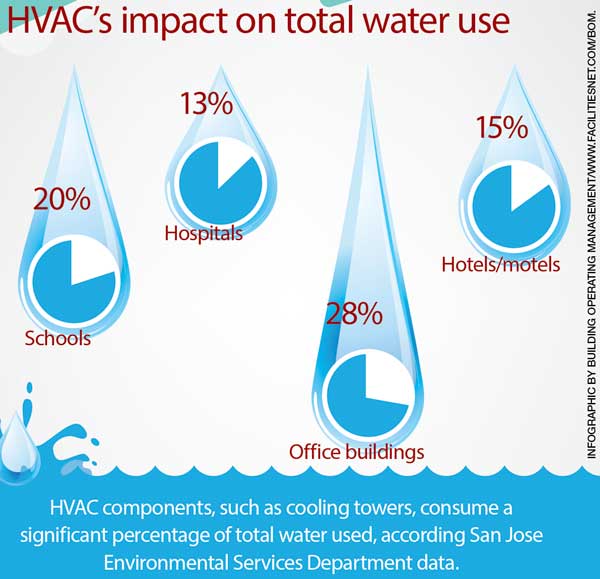Discovering The Environmental Benefits Of Warmth Pumps - A Sustainable Home Heating Option
Discovering The Environmental Benefits Of Warmth Pumps - A Sustainable Home Heating Option
Blog Article
Author-Glass Hewitt
In a period where sustainability and energy efficiency are extremely important, many businesses look for environment-friendly heating options. One such service is the heat pump.
A heatpump removes the heat in its environments and pumps it right into your home, causing among the most efficient green central heater around. This procedure additionally generates no greenhouse gas emissions, making it a highly lasting innovation.
Power Effectiveness
Heat pumps are very power efficient and call for little maintenance. They make use of much less electrical energy than various other heating systems and are without a doubt one of the most environmentally friendly. They work well with rooftop solar and can commonly pay for themselves in energy savings alone.
They can additionally offer air conditioning, which is excellent for garage workshops, attic room hangouts and bonus spaces, and home additions without extending the existing ductwork. They can even be used for retrofits in existing homes with hydronic (water-based) distribution systems such as low temperature level radiators or glowing floorings.
Try to find designs with SEER and HSPF scores that fulfill or go beyond Canada's minimum standards, as well as the criteria in your region. Higher scores imply better performance, which saves you cash in the future and lowers your carbon footprint. You might also qualify for discounts and motivations! The very best systems are those with a ground warmth exchanger for added effectiveness. These devices can soak up thermal power from the ground during the winter and remove it in the summer.
Minimized Greenhouse Gas Emissions
Heat pumps operate on electricity and essentially move warm from the air, even when it's chilly outside. They have the ability to remove the free warm trapped in air fragments and relocate them inside your home, minimizing moisture while doing so.
Compared to gas heaters, modern-day heatpump use less than one kilowatt of electrical energy per kilowatt of heating power they produce. This makes them the most power reliable heating option readily available with a POLICE OFFICER (Coefficient of Performance) of four or more. By lowering the requirement for nonrenewable fuel sources, heatpump help in reducing greenhouse gas emissions and cut other major air contaminants.
Building decarbonization is a worldwide necessary, and the HVAC field is a vital chauffeur of that process. Whether it's investor making net zero commitments, policy makers setting discharges restrictions, or renters demanding greener rooms, electrical heat pumps are being identified as a necessary option. They are a cost-efficient way to lower carbon emissions by removing the need for nonrenewable fuel sources in buildings.
Versatility
Heatpump can be utilized in numerous types of homes and structures-- with or without air ducts. They deal with hot-water radiators, air-conditioning and programmable thermostats. They can replace heaters or be installed in brand-new houses. They can run on photovoltaic panels, geothermal systems or perhaps district heating resources like wastewater.
click here now at delivering more warm per energy device. For example, an air-source heat pump creates approximately three or even more home heating devices from each electrical energy system it takes in.
Obtaining one of the most from your heat pump will certainly rely on your climate zone and quality of insulation. Search for models with power celebrity scores and compare their SEER or HSPF specifications. In warmer climates, concentrate on SEER; in cooler areas, take into consideration a system with a higher HSPF rating. Additionally, buy air sealing and insulation to decrease the load on your heat pump. That will certainly improve energy performance and assist you reach your Internet Absolutely no objectives quicker.
Biomass Boilers
Biomass boilers utilize timber pellets, chips or logs to develop warm and hot water. They are a good choice for off-grid residential or commercial properties or those that intend to leave the gas grid.
As a standalone heating system, biomass can supply enough energy to keep your home warm all the time without the common heat drop off of various other eco-friendly innovations. https://josueosvqf.wizzardsblog.com/29328041/5-indicators-it-s-time-to-upgrade-your-heater-to-a-heat-pump can additionally be made use of in conjunction with photovoltaic panels to maximise financial savings and benefit from RHI repayments.
A disadvantage of these systems is the upfront price and routine fuel shipments. Usually, pellets will certainly require to be blown right into a fuel shop using a vacuum cleaner system or they can be manually fed into the central heating boiler through a receptacle. Logs are usually self-sourced from nearby timberland or bought wholesale. As well as this, they need hand-operated loading and might require cleansing on a regular basis.